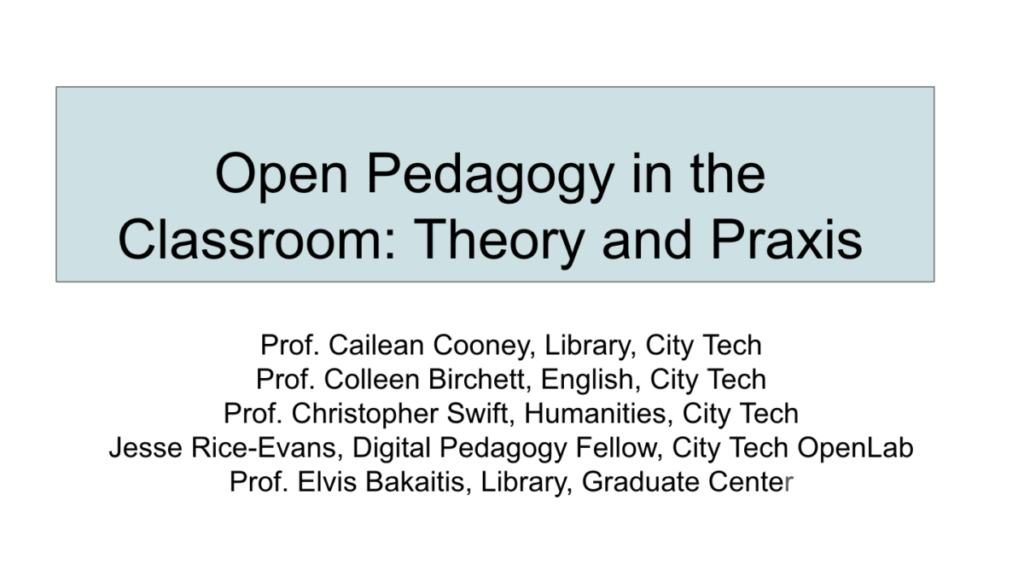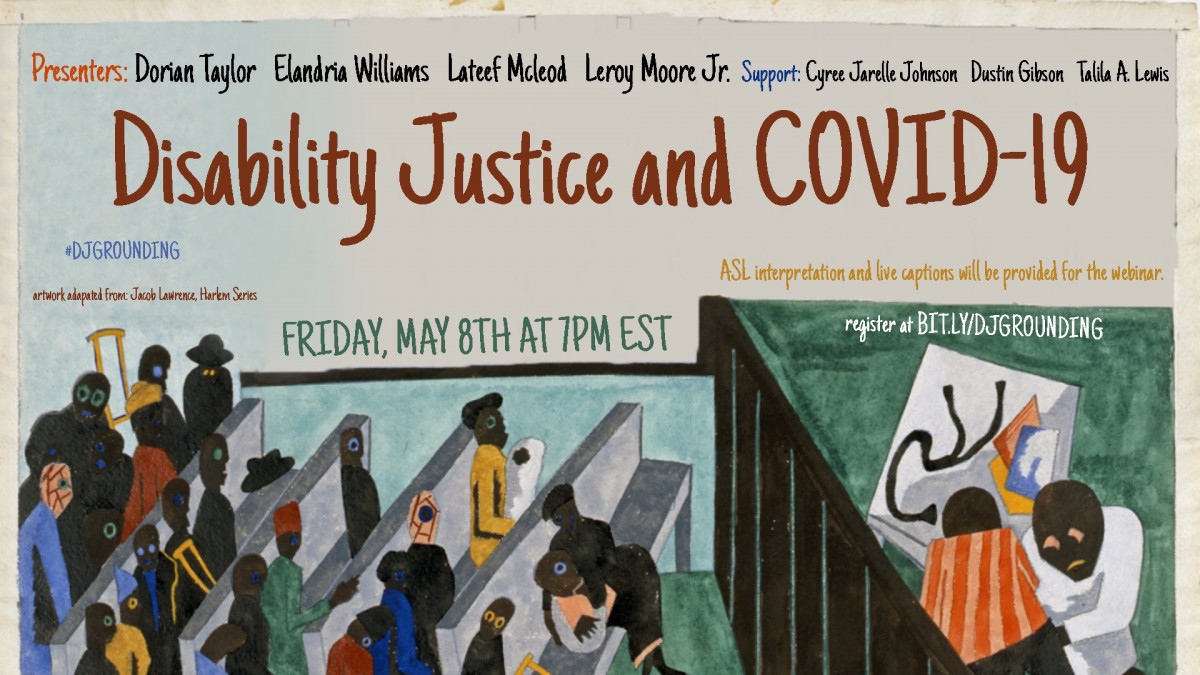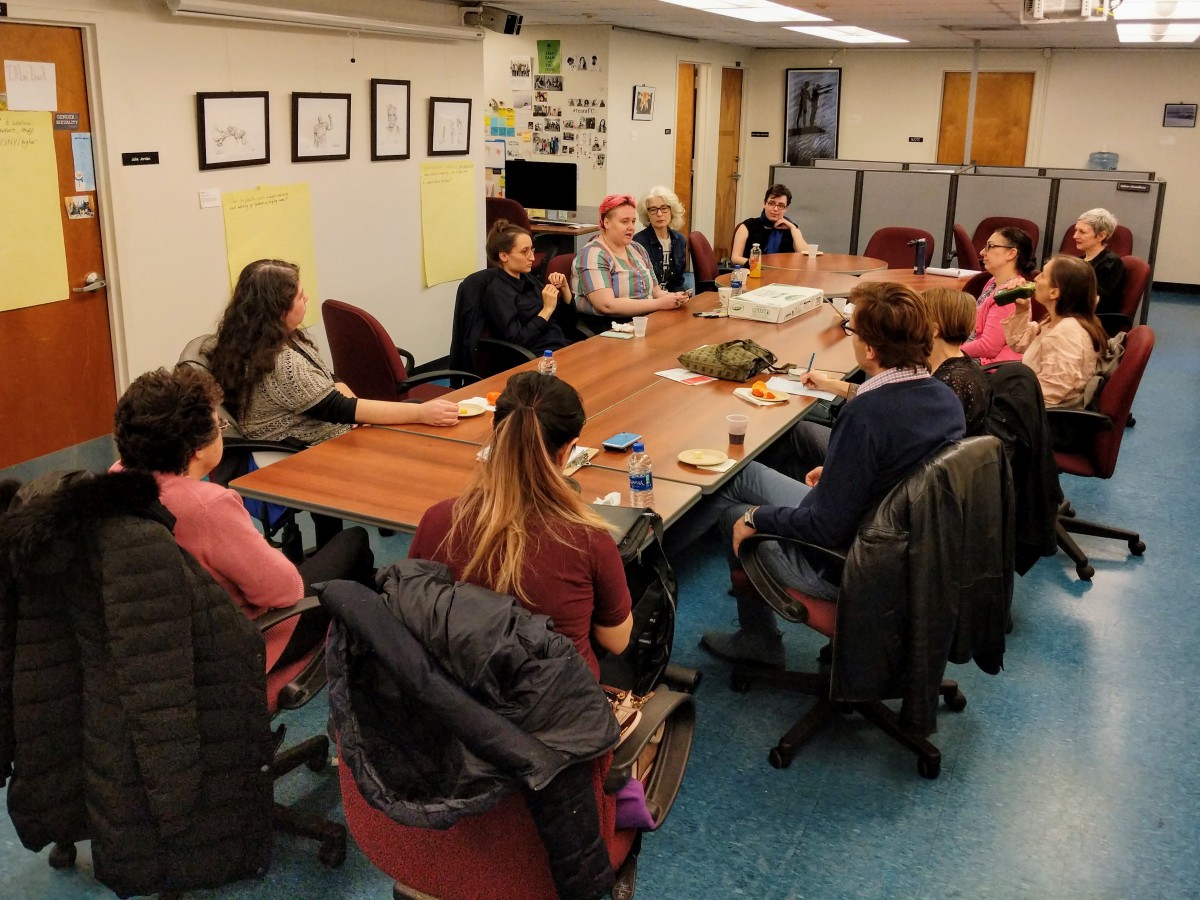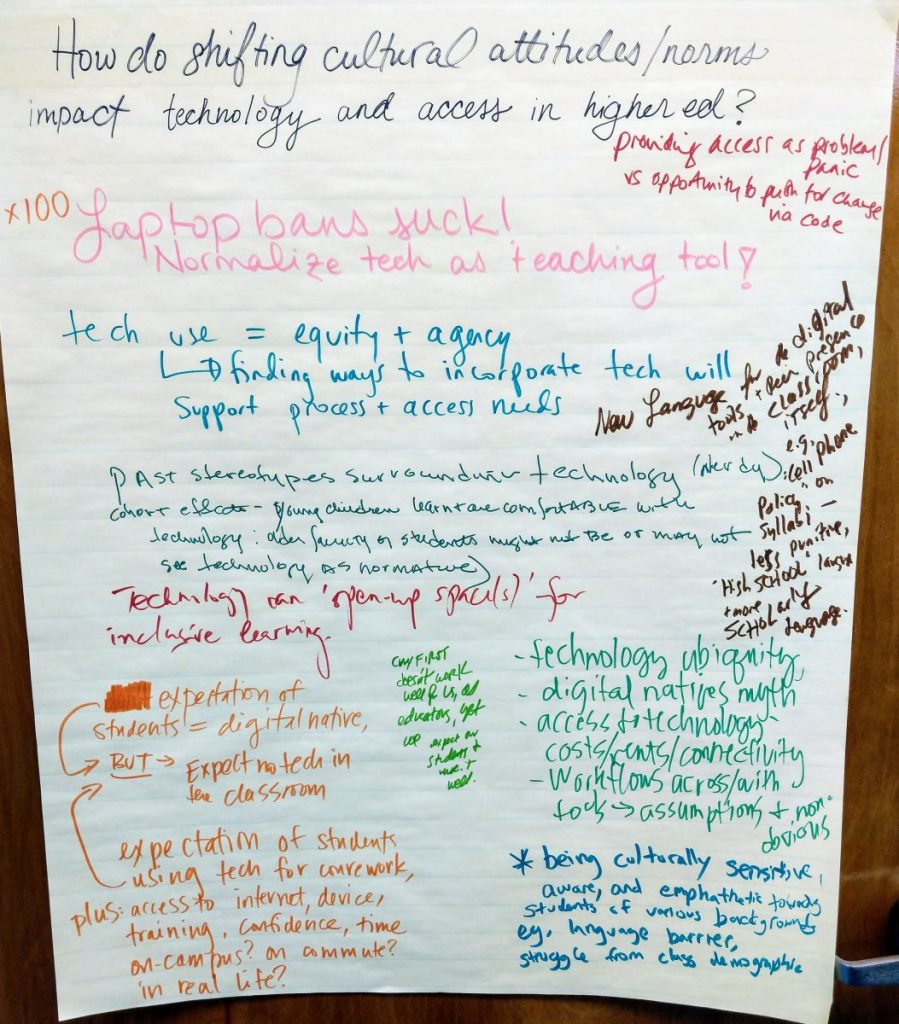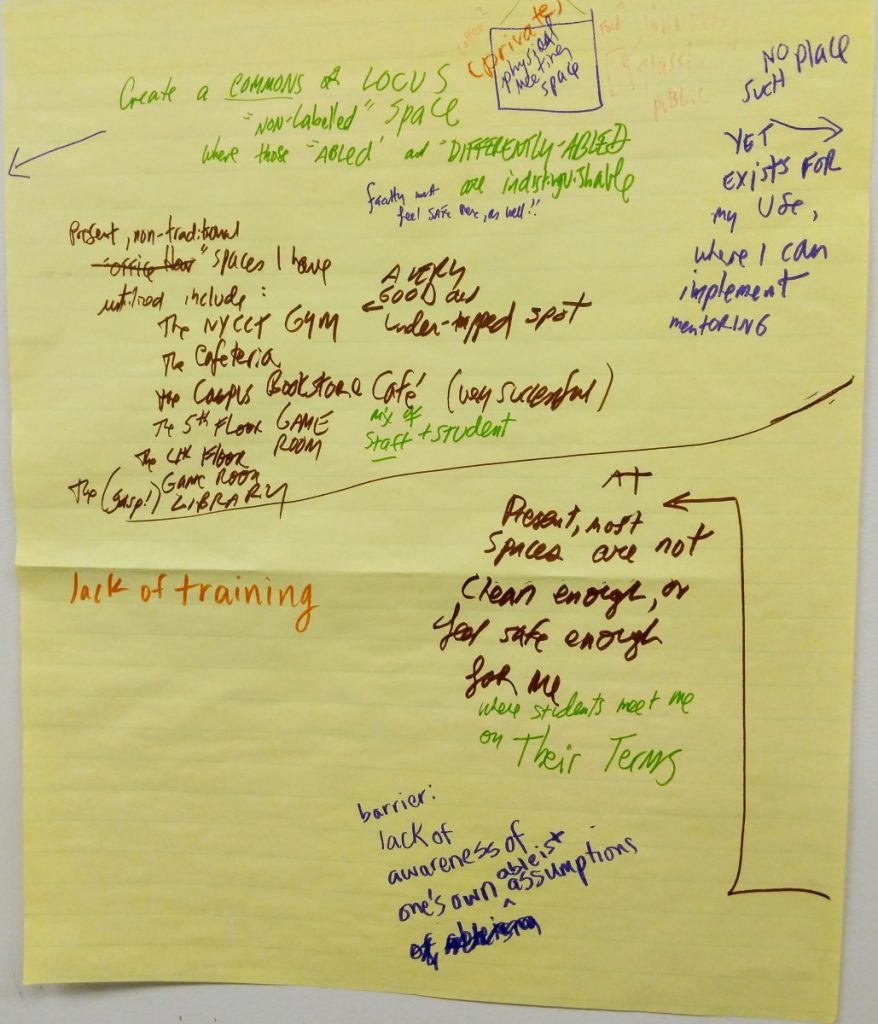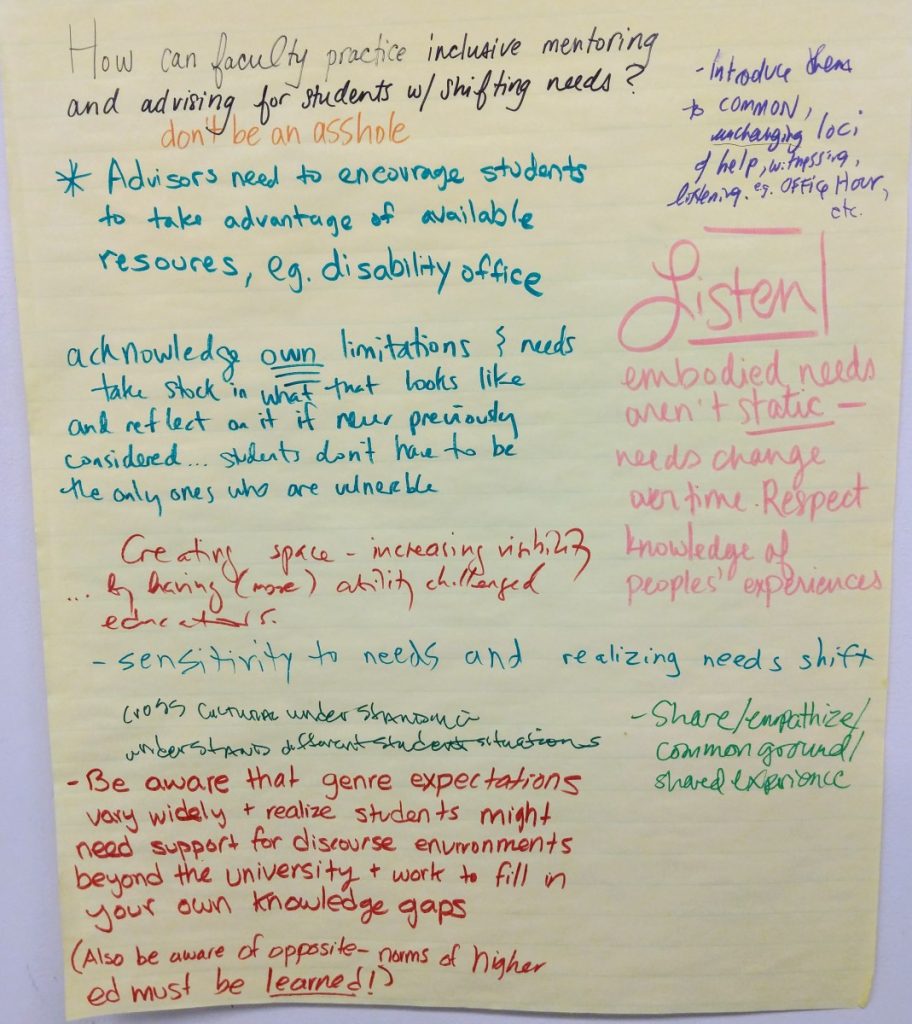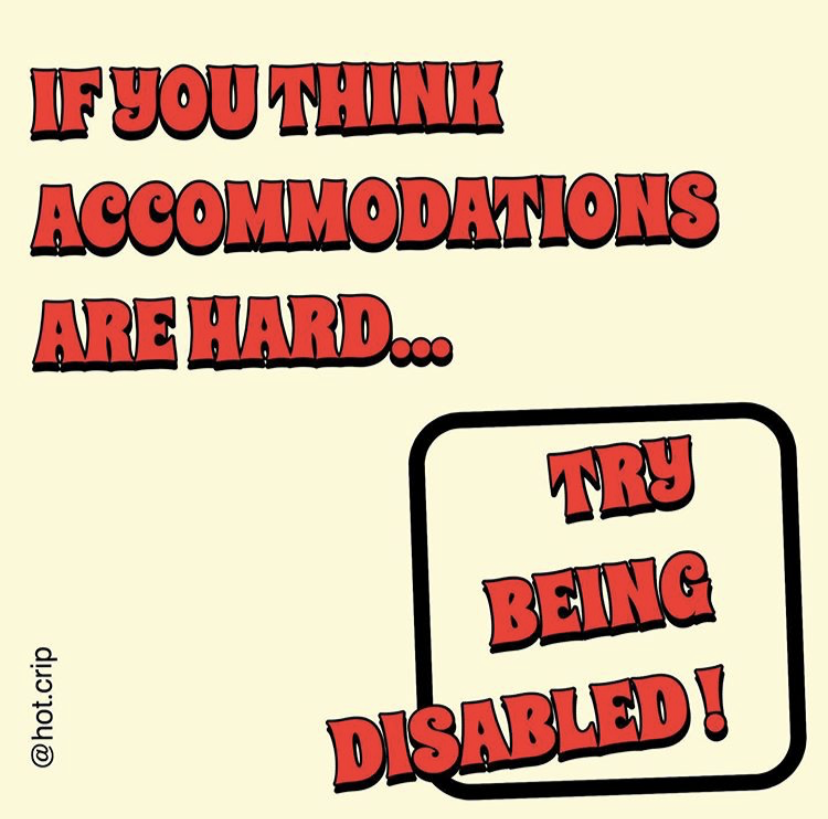On October 29-30, teachers and researchers from around CUNY came together online for the annual Coordinated Undergraduate Education Conference, this year coupled with the annual Open Educational Resources Showcase. Keynotes from Dr. Robin DeRosa and Dr. Rajiv Jhangiani highlighted issues of equity, access, and open pedagogy for staff and faculty working with OERs at CUNY, and participants shared many resources and ideas between campuses and projects.
The OpenLab team presented on two panels to highlight our ongoing work around access and accessibility in open digital pedagogy. The first panel focused on reflecting on our Open Pedagogy discussion series on the many aspects of access and accessibility in open digital pedagogy from 2019-2020, and Digital Pedagogy Fellow Olivia Wood wrote a great recap of this panel.
The slides for this panel are linked below!

The second panel, facilitated by Cailean Cooney, OER Coordinator at City Tech, and Elvis Bakaitis, Adjunct Reference Librarian, highlighted discussion between former OER faculty fellows Prof. Colleen Birchett (English) and Prof. Christopher Swift (Humanities), who shared their work developed during and since their OER Fellowship, and OpenLab Digital Pedagogy Fellow Jesse Rice-Evans (me!) who talked about access and OERs beyond zero-textbook-cost courses.
Prof. Birchett shared her OER site from her summer 2019 course “Home Away from Home: Stories from the Diaspora,” an ENGL 2001: Introduction to Literature (Fiction) course, and discussed how she incorporated OER materials and open pedagogy into her course
Prof. Swift discussed his OER site, THE 2280, “History of Theatre,” which uses mapping software and place-based pedagogies to explore the role of New York City theaters with students through the NYC Theater Research Project. He brought up some of the difficulties of place-based learning during distance learning.
I felt it was important to contextualize the choices that faculty and staff make in creating and using OERs to address some issues of inequity in higher education. To address this, I shared selections from my piece “Open Access Pedagogy: A Manifesto,” which is published in full on the Anti-Ableist Composition Collective site.
I pose a politicization of open access that centers the lived experiences of people doing the teaching and learning. The scholars I am centering here (see bibliography) are speaking to a widespread practice of centering access pedagogy—pedagogy that is culturally responsive, flexible, and reimagines “rigor” as intellectual curiosity, critical rhetorical skill-building, and an embrace of non-normative English.
All participants highlighted how OERs and open pedagogy have influenced their teaching, learning, and research. View the slides below!
